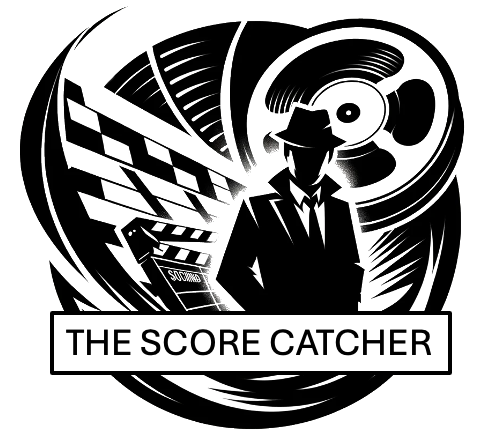Sunday, C4, 1:55pm
Richard Linklater's School of Rock (2003) blends slapstick comedy with an earnest celebration of rock music’s rebellious spirit. Jack Black’s portrayal of Dewey Finn, a washed-up musician posing as a substitute teacher, is electrifying, a perfect embodiment of chaotic passion for music. His journey from a selfish slacker to an unlikely mentor is told with comedic precision, but it’s the heart of the story—how music can inspire and transform—that resonates deeply. This unlikely ragtag band of fifth-graders rising to rock glory plays out like a classic underdog story, charming in its simplicity yet subversive in its message: authority can be defied in the name of art.

The film’s soundtrack is a love letter to classic rock, a who’s who of the genre's greatest hits. From Led Zeppelin’s thundering "Immigrant Song" to AC/DC’s "It’s a Long Way to the Top (If You Wanna Rock ‘n’ Roll)," the tracks aren’t just background noise—they are woven into the fabric of the story. The music reflects Dewey’s belief in rock as a liberating force, each song carefully chosen to underline moments of triumph or rebellion. One standout is the band’s original song “School of Rock,” a rousing anthem that encapsulates the raw energy of kids discovering their own voice. It’s a track that transcends the plot and stands on its own as a call to arms for anyone seeking freedom through music.
What makes School of Rock timeless is how seamlessly the soundtrack complements the film's themes of empowerment and self-expression. By pulling from the legends of rock, the film creates a sense of timelessness while placing itself within that lineage. The music becomes a vehicle for change, not just for Dewey and his students, but for the audience, reminding us of rock’s enduring power to shake things up. In a film about finding your inner rebel, the soundtrack is a perfect companion—loud, brash, and unapologetically fun.
Daisy Rae
